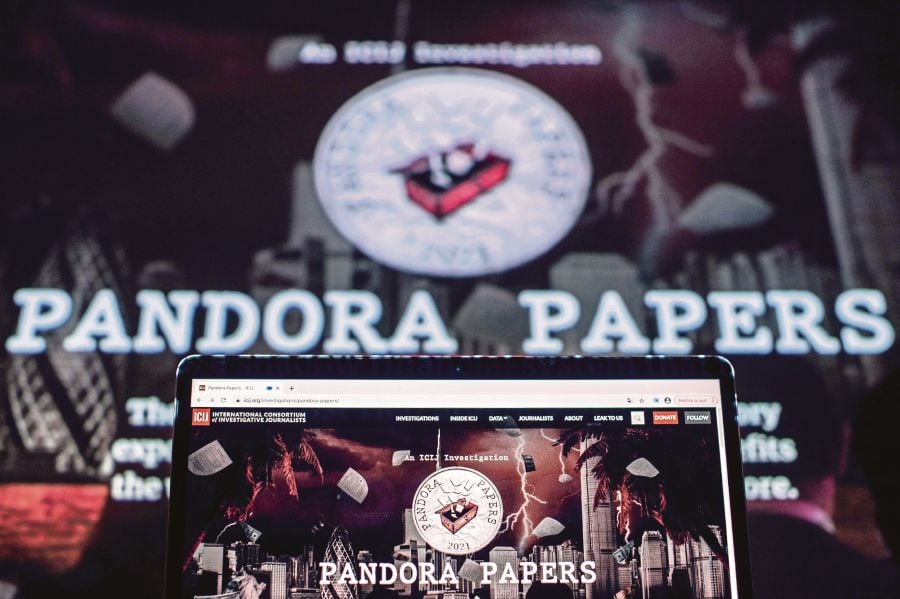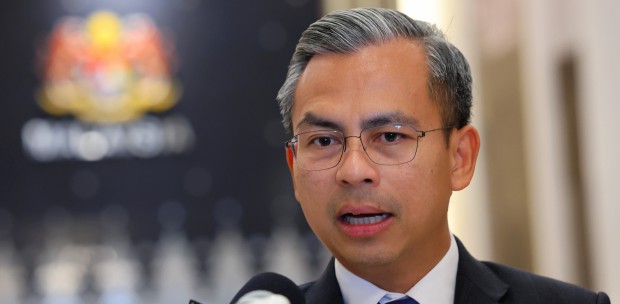INVESTIGATIVE journalism involves in-depth reporting of serious crimes. It exposes fraud, abuse of power and misuse of public funds practised on a large scale using elaborate schemes, usually with state sanction, commonly referred to as "institutional corruption".
The Panama and Pandora Papers are good examples, revealing the identities of covert owners of offshore companies, incognito bank account ealings of the global elite. They exposed offshore service providers in Anguilla, Belize, Singapore, Switzerland, Panama, Barbados, Cyprus, Dubai, the Bahamas, the British Virgin Islands, the Seychelles and Vietnam.
These people stashed away cash that belonged to presidents, prime ministers, billionaires and businessmen.
Journalists must understand the basic rules of corruption investigation and the common methods used to perpetrate corrupt acts. They must be able to uncover how politicians and public officials misuse public funds, collude with the private sector, hide their actions and live beyond their means.
One element that can determine the effectiveness of investigative journalism is the level of media freedom and the ability of journalists to work without fear.
Unfortunately, media freedom around the world fell to its lowest level in a decade. Malaysia is ranked 113th and Singapore 139th out of 180 countries in the World Press Freedom Index 2022.
We have seen bold examples of investigative journalism. Sarawak-born Clare Rewcastle- Brown is a United Kingdom-based investigative journalist, who reported extensively on the 1MDB scandal.
The shocking discovery of mass graves and human-trafficking camps involving foreign refugees in Wang Kelian near our northern border prompted the establishment of a royal commission of inquiry in 2015.
Journalists should be granted protection from suits and prosecution. In return, they must remain objective.
They should have good sources, including whistleblowers, who must be protected based on the right to freedom of expression. To improve, they should form a local association and undergo training.
Young investigative journalists, especially from Gen Z, should take advantage of digital technology, big data and data analytical tools to uncover information and build their case.
Investigative journalists must be courageous, accountable, and capable of exposing the truth about specific individuals, syndicates or businesses and bringing these issues to the public's attention.
Investigative journalism is an important tool to uncover information that people in power would like to keep secret, and to identify and stop the spread of systemic and institutional corruption in Malaysia.
We need to produce more good investigative journalists, and support and defend investigative journalism in Malaysia!
The writer, who holds the professorial chair and is a director at Institute of Crime and Criminology, HELP University, is former president of Transparency International Malaysia






